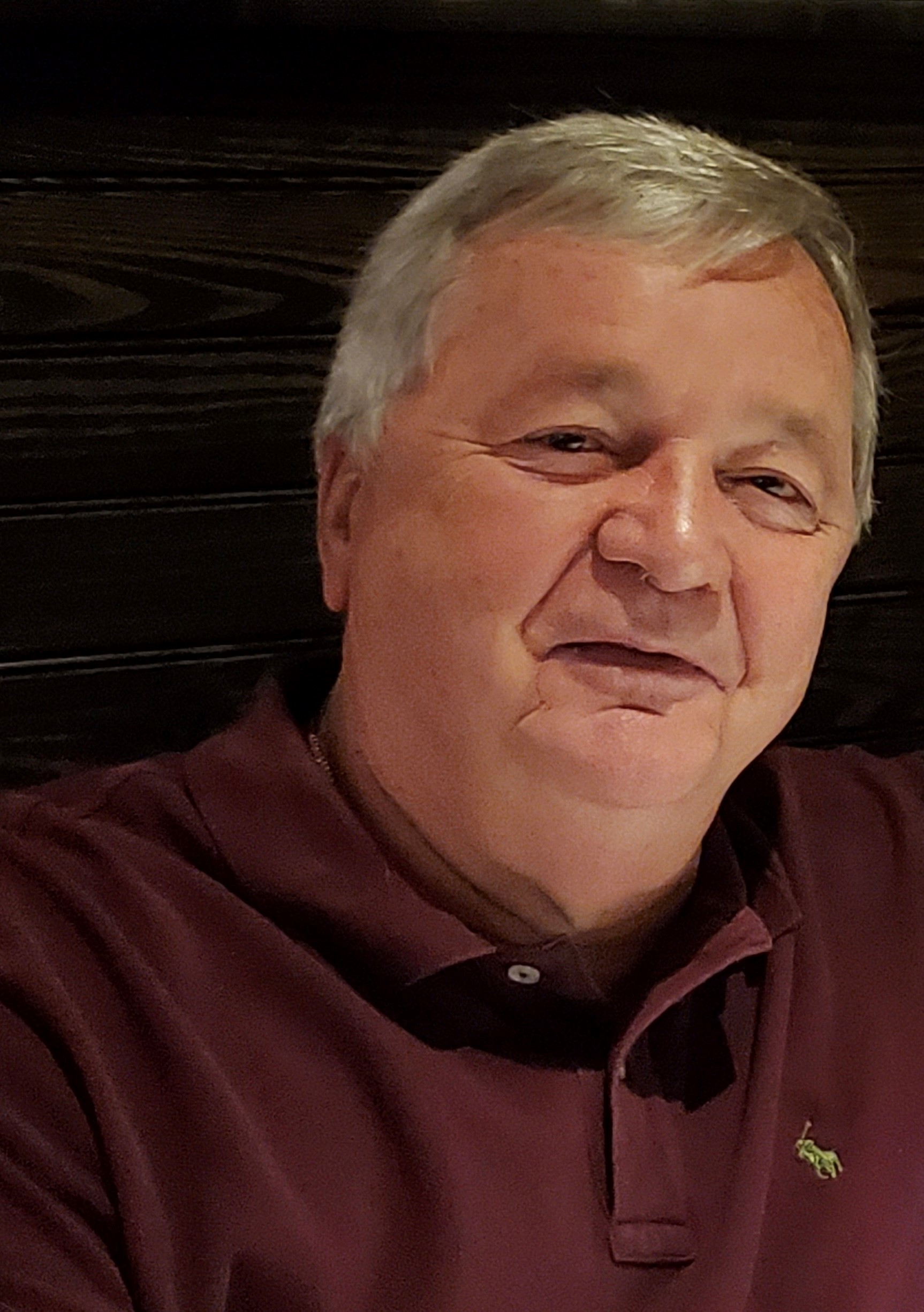
Darwin Hill didn't blink when it came time to get his fifth heart pacemaker this winter: The 78-year-old figured implanting a fresh battery would be the usual quick-and-easy procedure.
"I'd been doing it so many times, it was kind of routine, but this time I needed the wires replaced," said the Clemmons retiree, who has depended on a pacemaker to regulate his heart rate for 37 years.
But when his Novant Health cardiologist, Dr. Michael Drucker, attempted to replace pacemaker No. 4, he found scar tissue around the old wires. "He told me he couldn't extricate them," Hill said later.

While moving the battery and the wiring to the other side of his chest was do-able, Drucker didn't recommend it, lest the same thing happen there. "He told me, 'There's a new system that doesn't use wires, and we have a surgeon who uses it,' " Hill recalled. "You need to think about that.'" So Hill took to the Internet to learn more.
He considered what he read: Smaller than a AAA battery, this new leadless pacemaker would be threaded right into his heart through a small tube inserted through a vein in his leg. The procedure is minimally invasive and does not involve a chest incision. He would get one in each chamber of his heart — and they'd be expected to last between seven and 15 years.
"We did a lot of research on it and prayed a lot about it," Hill said. "Putting something that big — two of them — in your heart was a little bit scary, but I decided that was the only way to go."

The thorough way cardiac electrophysiologist Dr. George Waits IV went over everything with him and his wife of 58 years, Diana, on the day of his implant procedure added to Hill's confidence.
"He explained exactly what I could expect to a T, both during the procedure and then afterwards," Hill said. "He's a super guy — just as good as they come."
On Jan. 22, Hill became one of Waits' first patients at Novant Health Forsyth Medical Center in Winston-Salem to undergo the life-changing procedure. He drove himself home the following day.
A follow-up appointment in early March went well, and Hill will return to Waits' office every three months to have his battery rechecked. That, he said, is a downside of the new pacemaker; he was able to check the battery on his old ones by phone app. But, he added, it's a small and tolerable downside.
He’s looking forward to a home monitoring device that is expected to be available soon.
"I've got more energy, and I feel a whole lot better than I did with the old one," Hill said. "It was really the only decision I could have made."
We deliver nationally recognized heart and vascular care.











